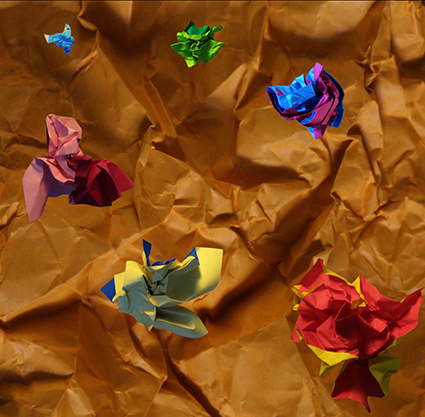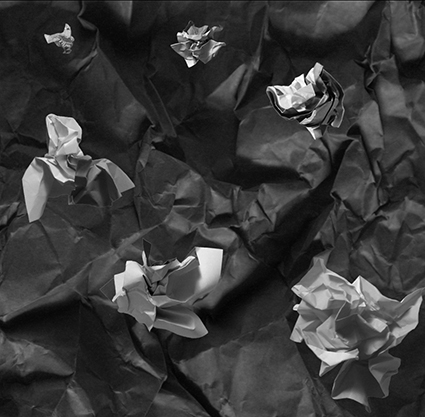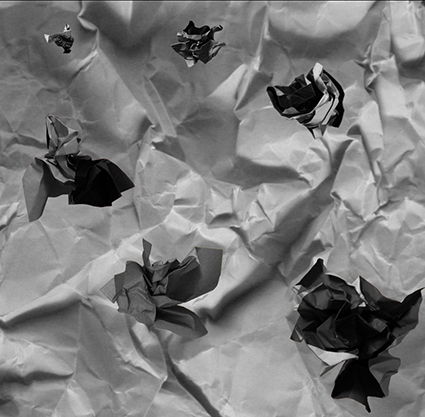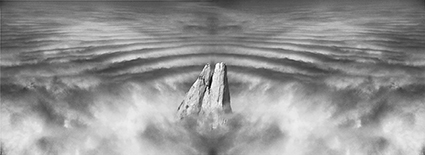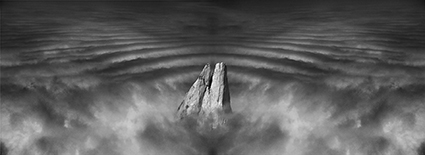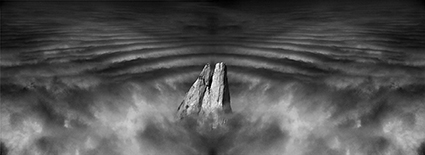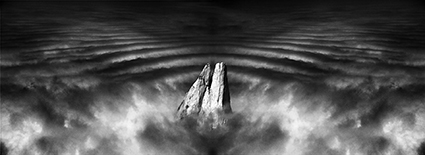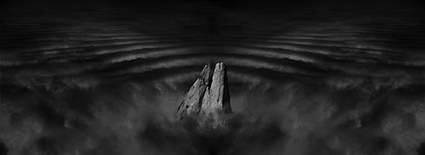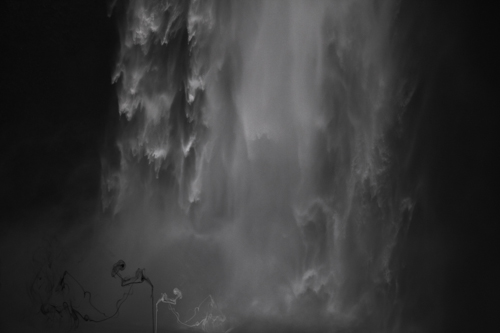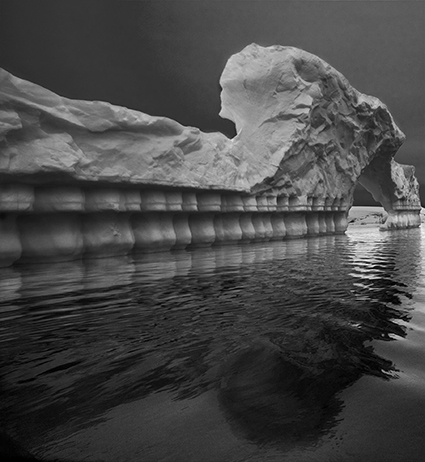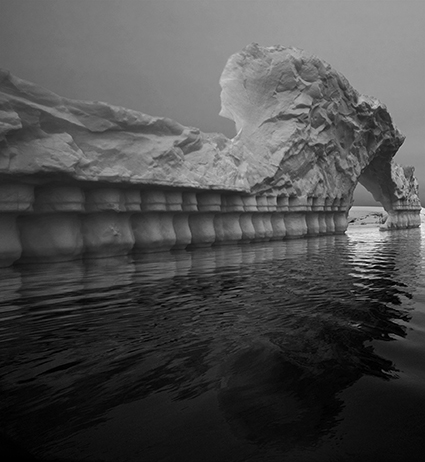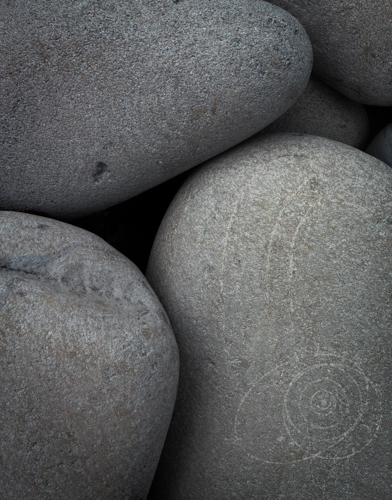
There are many ways to convert color images to black and white.
Here’s my preferred method.
1 Optimize Color
Start with an optimized color original; set black point, white point, and lightness; clear color casts; boost saturation to reasonably high levels; avoid clipping. Use Lightroom or Camera Raw.
2 Establish a Tonal Structure
Establish a tonal structure - the relative lightness and darkness of diverse image areas. For basic global conversions use Lightroom or Camera Raw. For advanced local conversions use dual adjustment layers – Hue/Saturation below Black & White.
(The primary goal of a black and white conversion is to set the overall structure of the tonal relationship in an image. During color to black and white conversions, you'll be tempted to perfect the lightness and contrast of an image. Resist this temptation, if it leads you to creating too much contrast, loss of shadow and highlight detail.)
3 Enhance Global Lightness and Contrast
Enhance global lightness and contrast, the relative relationships of tone, after you establish the tonal structure, the fundamental tonal relationships. Use Curves.



